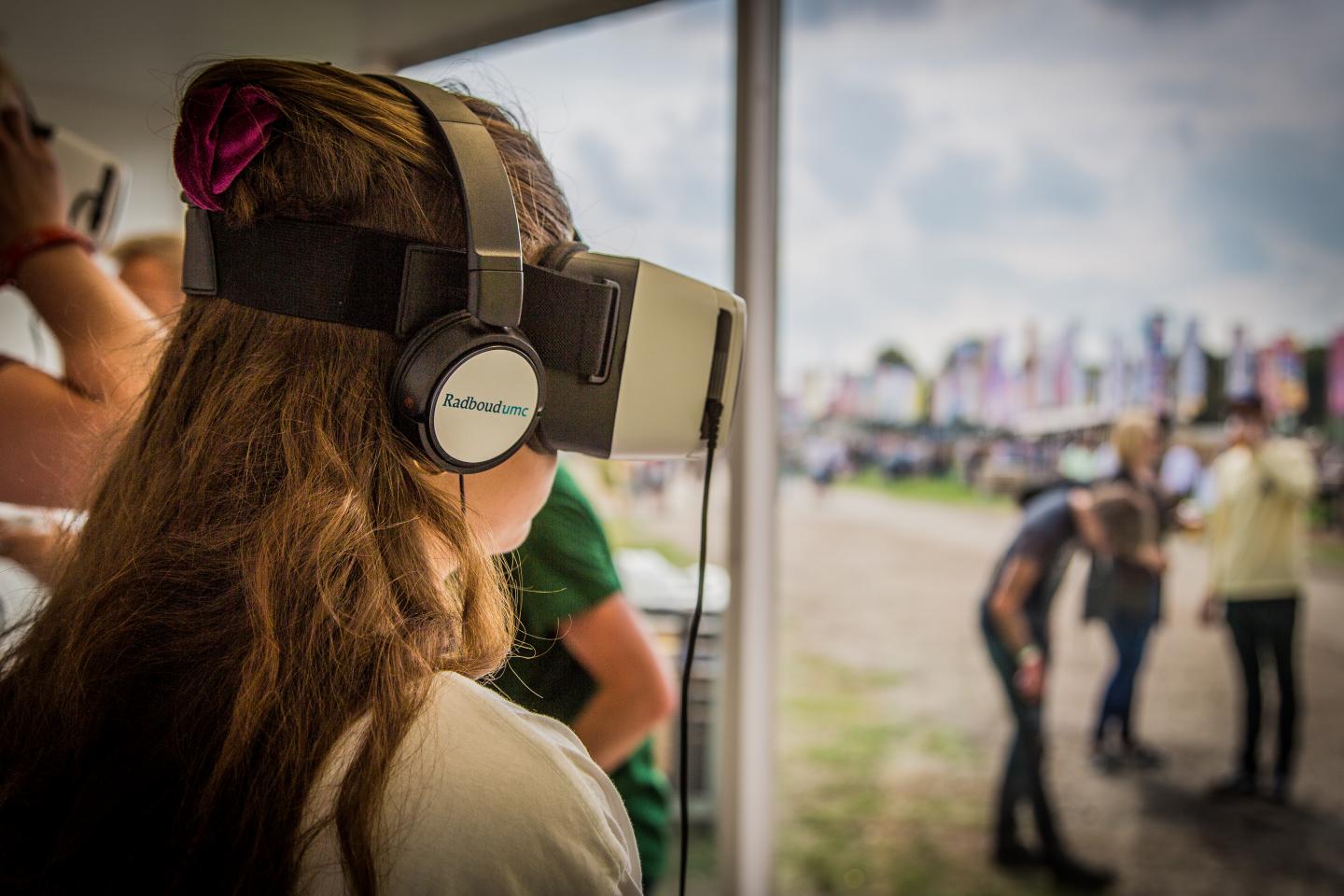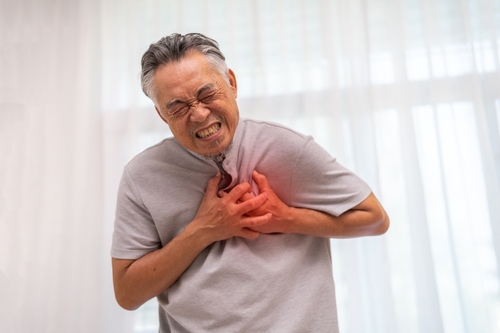
A recent study has found that virtual reality (VR) is as effective as a certified trainer in providing CPR training. This study, led by cardiologists at the Radboud University Medical Center, was conducted in August 2019 at a large music festival in the Netherlands called Lowlands. The results of this trial, dubbed Lowlands Saves Lives, were published on November 17, 2019, in JAMA Cardiology.
These researchers compared the efficacy of 20 minutes of CPR training administered via a certified trainer or through a free VR app made by Lifesaver, UK Resuscitation Council. 381 festival attendees were included in the study and were randomized to one of these two training groups. After receiving their CPR training, the participants were then evaluated by an examiner who was blind to which form of training the participant received. The goal of this work was to assess whether VR could be used to expand and expedite the spread of CPR training in society. You can Learn AHA BLS CPR in Philadelphia at CPRCertificationPhiladelphia.com, so check it out!
The two aspects of CPR evaluated after the training were speed and depth of chest compressions. The gold standard for CPR is 120 compressions per minute given at a depth of 6 cm. The team found that the participants who received VR training performed equally as well as the certified trainer group regarding the speed of their compressions, however, the trainer group performed slightly better in terms of depth.
“This result is relative and should be seen against the current standard of CPR training,” explained Joris Nas, leader of the project. “Some participants in the VR group actually achieved better results than would be expected after a four-hour regular training session. In fact, more than half of all participants met the requirements for a four-hour training session after just twenty minutes of training.”
Other measured outcomes included characteristics such as previous experience with CPR training or as a healthcare professional. This study found that VR training was as effective as the traditional training for this specific population.
“It’s great to see that virtual reality worked so well for this group,” said Marc Brouwer, team member and cardiologist at Radboud University Medical Center. “The app still has to be optimized for untrained people but for people with experience, it could mean that 20 minutes of VR training works just as well as a refresher as a four-hour course with a trainer. Because a refresher course is an annual requirement, this could lead to enormous savings in time and costs.”
“Thanks to Lowlands, we were not only able to carry out a good scientific study, but we also managed to bring resuscitation to the attention of a large group of people,” said Marc Brouwer, reflecting on the success of their study. “Almost 400 people learned how to do it. If you then hear people say enthusiastically ‘that was really good, thanks’, it means we’re a step closer to our goal.”
Over 80% of the study participants said they would be willing to partake in a follow-up study, slated to begin in January.
Lowlands Saves Lives: A Randomized controlled trial on #virtualreality vs face-to-face #CPR-training conducted during a three-day music festival https://t.co/yGku6oGLlJ #AHA19
— JAMA Cardiology (@JAMACardio) November 17, 2019
Image credit: EurekAlert







 © 2025 Mashup Media, LLC, a Formedics Property. All Rights Reserved.
© 2025 Mashup Media, LLC, a Formedics Property. All Rights Reserved.